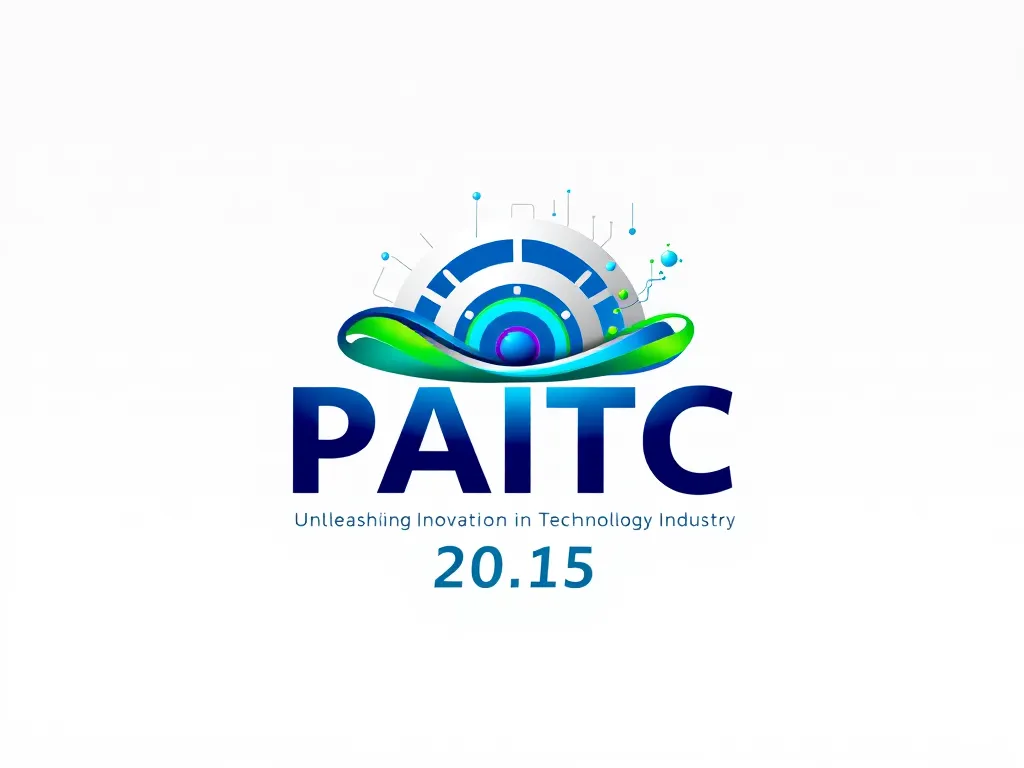Innovative Strategies for Future Waste Management Solutions

Future Waste Management: Innovations, Practices, and Predictions
Future waste management is an evolving field that seeks to address the growing challenges of waste generation and disposal through innovative solutions and sustainable practices. As urban populations continue to rise and consumer behaviors shift, the need for a proactive approach to waste management has never been more critical. This article delves into various aspects of future waste management, including technological innovations, sustainable practices, policy and regulation, public awareness, education, and future trends.
The future of waste management is heavily influenced by technological advancements that aim to improve the efficiency of waste collection, recycling, and disposal. From smart waste bins equipped with sensors to AI-driven waste sorting systems, technology plays a crucial role in streamlining processes and minimizing human error. As communities increasingly adopt these innovations, the goal of achieving a zero-waste society becomes more attainable, ultimately leading to better resource management and environmental protection.
Sustainable practices are central to future waste management, emphasizing the reduction of waste generation and fostering a circular economy. Initiatives such as composting techniques, upcycling, and promoting zero-waste lifestyles are gaining popularity and proving effective in reducing landfill dependency. Enabling sustainable habits among individuals and businesses will not only decrease waste volume but also promote a culture of environmental stewardship.
As governments worldwide recognize the importance of waste management, policies and regulations are evolving to support sustainable practices. Global waste management policies focus on collaboration among countries to tackle waste issues collectively, while local initiatives aim to implement effective waste management systems in communities. The impact of these regulations on waste reduction and the incentives provided for adopting sustainable practices play a significant role in shaping the future of waste management.
Incorporating sustainable practices in waste management is crucial; for further insights, explore this article on the future of waste management: https://news.wpcarey.asu.edu/20181115-waste-management-reduces-and-reuses-while-looking-future.
Public awareness and education are paramount in facilitating a transition towards better waste management. Communities are increasingly involved in recycling programs, and educational campaigns work to inform people about the importance of waste reduction. Social media has emerged as a powerful tool for raising awareness, while schools contribute by incorporating waste management education into their curricula, nurturing responsible behaviors from a young age.
Technological Innovations
Smart waste bins represent a groundbreaking advancement in waste management technology. These bins are equipped with sensors that monitor fill levels, optimize collection routes, and provide real-time data to waste management agencies. By utilizing such systems, cities can reduce operational costs, minimize carbon footprints, and enhance the overall efficiency of waste collection services.
AI in waste sorting is transforming the recycling process by automating the separation of materials based on type and composition. Machine learning algorithms can identify items in waste streams with high accuracy, leading to improved recycling rates and reduced contamination. This technology streamlines the recycling process and facilitates the recovery of valuable materials that would otherwise end up in landfills.
Recycling automation is another significant innovation in future waste management. Advanced robotics and automated systems are being deployed to sort and process recyclable materials efficiently. By automating these processes, facilities can handle larger volumes of waste while minimizing human labor, resulting in cost savings and reduced operational risks associated with manual sorting.
Waste tracking systems are essential for monitoring waste generation and disposal patterns. These systems utilize digital tools and technologies to collect and analyze data on waste management practices. By tracking waste flow from production to disposal, municipalities and businesses can identify areas for improvement, implement targeted waste reduction strategies, and foster accountability in waste management.
Sustainable Practices
Zero waste initiatives encourage individuals, businesses, and communities to aim for no waste generation by adopting practices that prioritize waste reduction, reuse, and recycling. This approach promotes a cultural shift towards sustainability and resource conservation, empowering consumers to make mindful choices and supporting innovation in product design.
Composting techniques are gaining traction as a sustainable practice that reduces organic waste sent to landfills. By converting food scraps, yard waste, and other organic materials into nutrient-rich compost, communities can return valuable resources to the soil, support local agriculture, and reduce greenhouse gas emissions associated with landfilling organic waste.
Upcycling and repurposing are creative processes that transform discarded materials into new products. These practices not only reduce waste but also encourage creativity and innovation. By finding value in items that would otherwise be thrown away, individuals can contribute to a more sustainable economy and reduce the demand for new resources.
Circular economy models aim to minimize waste by keeping products and materials in use for as long as possible. This approach promotes designing products with the end of their life in mind, encouraging recycling, and facilitating the reuse of materials. Transitioning to a circular economy can significantly mitigate waste generation while creating economic opportunities and sustainable practices.
Policy and Regulation
Global waste management policies increasingly emphasize collaboration and shared responsibility among nations to tackle waste issues. The international community is recognizing the need for cohesive strategies to address waste challenges, from marine debris to e-waste, urging countries to work together for more effective solutions.
Local initiatives and laws play a pivotal role in implementing effective waste management practices. Governments at the local level are establishing regulations that promote recycling, waste diversion, and sustainability efforts tailored to their specific needs. These localized approaches encourage community engagement and facilitate the transition to sustainable waste practices.
The impact of regulations on waste reduction is evident in the way they provoke significant behavioral changes among individuals and businesses. By setting mandatory recycling targets, banning single-use plastics, and establishing penalties for non-compliance, regulations drive participation in waste management efforts and promote a culture of responsibility.
Incentives for sustainable waste practices are crucial in driving participation in waste management initiatives. Governments are increasingly offering subsidies, tax breaks, and funding for businesses and communities that adopt eco-friendly practices. These incentives facilitate innovation and encourage individuals and corporations to invest in waste reduction and sustainable behaviors.
Public Awareness and Education
Community recycling programs play a vital role in encouraging responsible waste disposal and promoting recycling practices. By engaging residents through workshops, collection drives, and educational materials, communities can instill awareness and foster a sense of ownership regarding local waste management efforts.
Educational campaigns for waste reduction aim to increase knowledge about the environmental impact of waste and the importance of responsible disposal practices. These campaigns utilize various media, including online platforms and local communications, to reach diverse audiences and inspire behavioral change.
The role of social media in creating awareness about waste management cannot be overstated. Platforms like Facebook, Instagram, and Twitter have become powerful tools for individuals, organizations, and governments to share information, promote initiatives, and encourage discussions surrounding sustainable waste practices.
Schools are pivotal in instilling waste management education among younger generations. By integrating waste management topics into their curricula, schools can teach students about the importance of reducing waste, recycling, and adopting sustainable practices. This education lays the groundwork for responsible future citizens who are equipped to address waste challenges.
Future Trends and Predictions
Emerging waste management technologies are promising to reshape the landscape of how societies handle waste. Innovations such as bioreactor landfills, waste-to-energy conversion, and advanced recycling facilities are expected to play a significant role in minimizing waste and maximizing resource recovery.
The impact of climate change on waste management is anticipated to increase, as shifting weather patterns may influence waste generation rates and disposal methods. The waste management sector will need to adapt its strategies to mitigate these impacts and develop resilient systems that can withstand climate-related challenges.
The future of landfill usage is likely to evolve as a result of strict regulations and a shift towards more sustainable waste management practices. While landfills may still play a role in waste management, their use will likely decrease in favor of more innovative approaches that prioritize resource recovery and waste reduction.
Predicted regulatory changes in waste management will continue to shape the landscape of future waste practices. As awareness grows around the environmental impacts of waste, governments are expected to enact stricter regulations, increase investment in waste management infrastructure, and promote innovative solutions to tackle waste challenges effectively.
